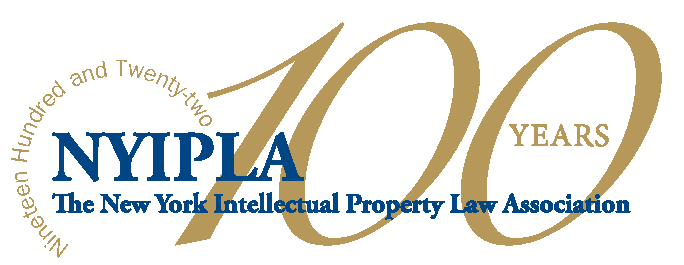NYIPLA Urges Equitable Application of Assignor Estoppel
On February 25, NYIPLA filed a merits stage amicus brief in the Supreme Court of the United States in Minerva Surgical Inc. v. Hologic, Inc., et al., No. 20-440 in support of neither party. The case concerns assignor estoppel, a judicially created equitable doctrine that has been applied in the U.S. since the 1880s, and to what extent it should be applied going forward. Assignor estoppel prevents patent assignors who are later accused of infringing the patent they assigned from contesting its validity. The doctrine is intended to ensure good faith and fair dealing in patent assignments by barring sellers of a patent from later claiming that the invention they sold is worthless.
The Supreme Court has explained that in considering the scope of estoppel and its limits, it is critical to examine what was assigned, which is much less certainly defined in a pending patent application than in a granted patent, and to compare that to the claims that are pursued and obtained by the assignee, which may include more than the assignor intended to claim. If the claims that are asserted against the assignor go beyond the invention that was made and assigned, then a more liberal approach to estoppel is warranted. In contrast, the Federal Circuit applies assignor estoppel as a per se rule, regardless of the facts of the case. The Federal Circuit dismisses as irrelevant whether at the time of the assignment the patent applications were still pending, and whether the assignee later amended claims in the application process without the assignor’s involvement to claim more than the assignor invented and conveyed.
NYIPLA’s brief urges the Court to overturn the Federal Circuit’s per se application of estoppel in favor of an equitable approach. The NYIPLA advocates for a case-by-case determination as to whether estoppel applies, with a true balancing of the equities and consideration as to what was assigned and what ultimately issued and is being asserted against the assignor. NYIPLA’s brief explains that there should be no estoppel based on an invention that was never made or conveyed by the assignor. Consistent with the historical origins of the doctrine, such an approach promotes fair dealing in patent transactions and fairness to both assignees and assignors.
NYIPLA’s brief was authored by Colman B. Ragan, President of the NYIPLA, Irena Royzman, Hannah Lee, and Daniel Williams of Kramer Levin Naftalis & Frankel LLP, Robert J. Rando of Taylor English Duma LLP, Charles R. Macedo, David P. Goldberg, and Chandler E. Sturm of Amster, Rothstein & Ebenstein LLP, Paul Coletti of Johnson & Johnson, and Mark A. Chapman of Haug Partners. The full brief can be downloaded HERE.
